Appeals Court says 5G chipmaker Qualcomm's "no license, no chips" is not anti-competitive
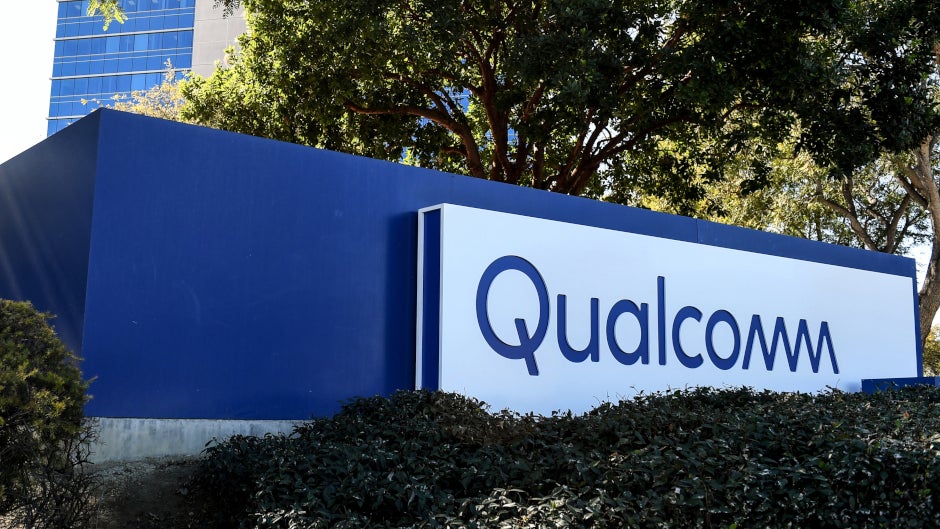
You might recall that back in May of 2019, it appeared that Qualcomm's rallying cry of "no license, no chips" was going to be a thing of the past, ruled "anti-competitive" by Judge Lucy Koh. Qualcomm also was cited for not allowing the competition to license its standards-essential patents. These are patents that the competition needs to license in order for its products to maintain certain industry standards.
Qualcomm wins appeal; "no license, no chips" remains the chipmaker's mantra
But before the antitrust anvil was about to hammer Qualcomm into the ground like Wylie Coyote, the chip designer was able to appeal the decision. And according to a tweet from attorney James Valvo (via The Verge), yesterday a three-judge panel in California's Ninth Circuit tossed out the original decision making a winner out of Qualcomm and a loser of the Federal Trade Commission (FTC). The victory for the San Diego based firm comes just as Qualcomm's 5G modems are in heavy demand as the pace of 5G build-outs quicken and the 5G footprint grows larger.
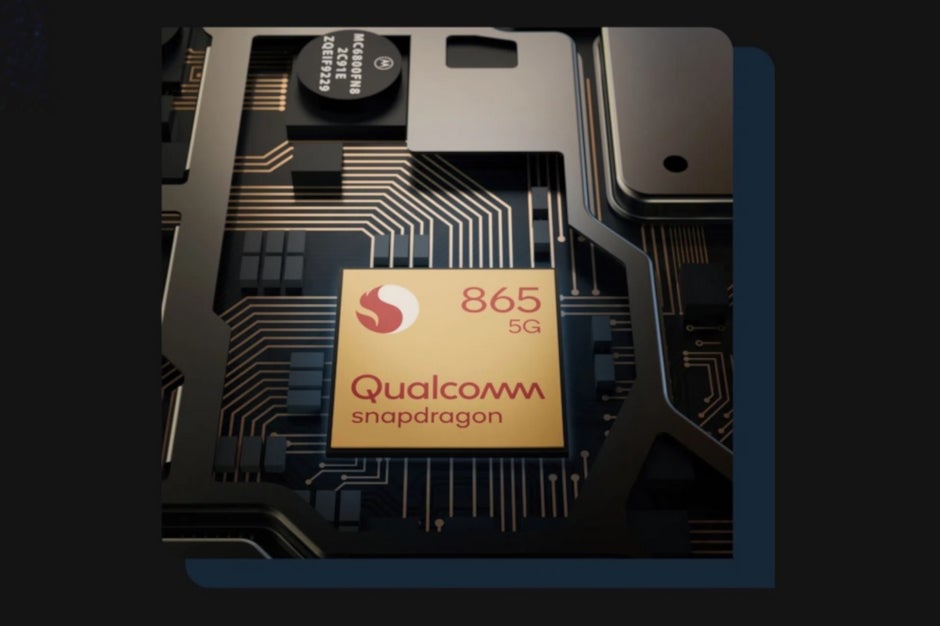
Qualcomm designs chips, like the Snapdragon 865, and has it produced by a contract foundry like TSMC
The Ninth Circuit's three-judge panel felt that Qualcomm's licensing at the manufacturer level was not anti-competitive since the company had no duty under antitrust law to license chips to competitors. The appeals court also ruled that Qualcomm's "no license, no chips" policy is not anti-competitive and does not "undermine competition." As far as any violation of the FRAND (Fair, Reasonable and Non-Discriminatory) terms that accompany the licensing of standards-essential patents, the court said that a remedy can be found by filing a different type of lawsuit with a different court.
Qualcomm's "no license, no chips" mantra was also accompanied by other issues here and there that manufacturers objected to. For example, when calculating royalties owed by a manufacturer, Qualcomm had the annoying habit of calculating this amount by the retail price of a phone instead of basing the figure on the actual price of the chip. In 2018, the company did cap the valuation of a phone at $400 for purposes of these royalty calculations just as the world was getting used to $1,000 price tags. Many argued that instead of calculating royalties on a $400 figure, the estimated $150-$160 price of the Snapdragon 865+ Mobile Platform should be used instead.
Much of the impact of Judge Koh's original decision was reduced sharply by the settlement that Apple and Qualcomm agreed to a month before Koh's decision was announced. Apple and Qualcomm had started closing arguments in a multi-billion dollar lawsuit. Because Apple and Qualcomm had filed a few lawsuits against each other, the former was looking for an alternative source of 5G modem chips. The tech giant had worked out a deal with Intel for its XMM 8160 5G modem chip, but truthfully Apple was really pining for Qualcomm's components and finally worked out the settlement.
As part of the agreement, both firms dropped all lawsuits against each other and Apple made a hefty one-time $4.5 billion payment to Qualcomm. In return, Apple was given a six-year licensing agreement with a two-year option, and a multi-year chip supply agreement. Apple eventually paid $1 billion to buy Intel's smartphone chip business which means that eventually, the tech giant is likely to design its own modem chips.
Another huge phone manufacturer, arguably the largest in the world at this moment, recently reached a deal with Qualcomm that ends a legal battle between the latter and Huawei. In addition, Qualcomm is hoping to receive permission from the Trump administration that would allow it to sell its CPUs to Huawei to replace the Kirin SoCs that TSMC won't be allowed (again, thanks to the current U.S. administration) to ship to the Chinese phone manufacturer after the middle of next month.
Follow us on Google News









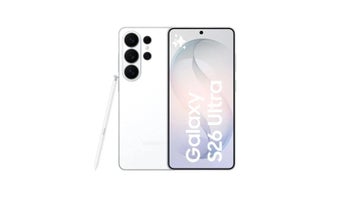
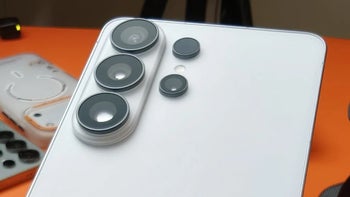
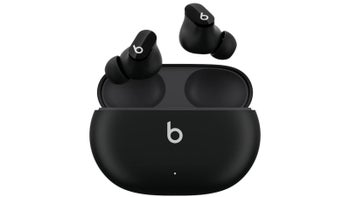

Things that are NOT allowed:
To help keep our community safe and free from spam, we apply temporary limits to newly created accounts: